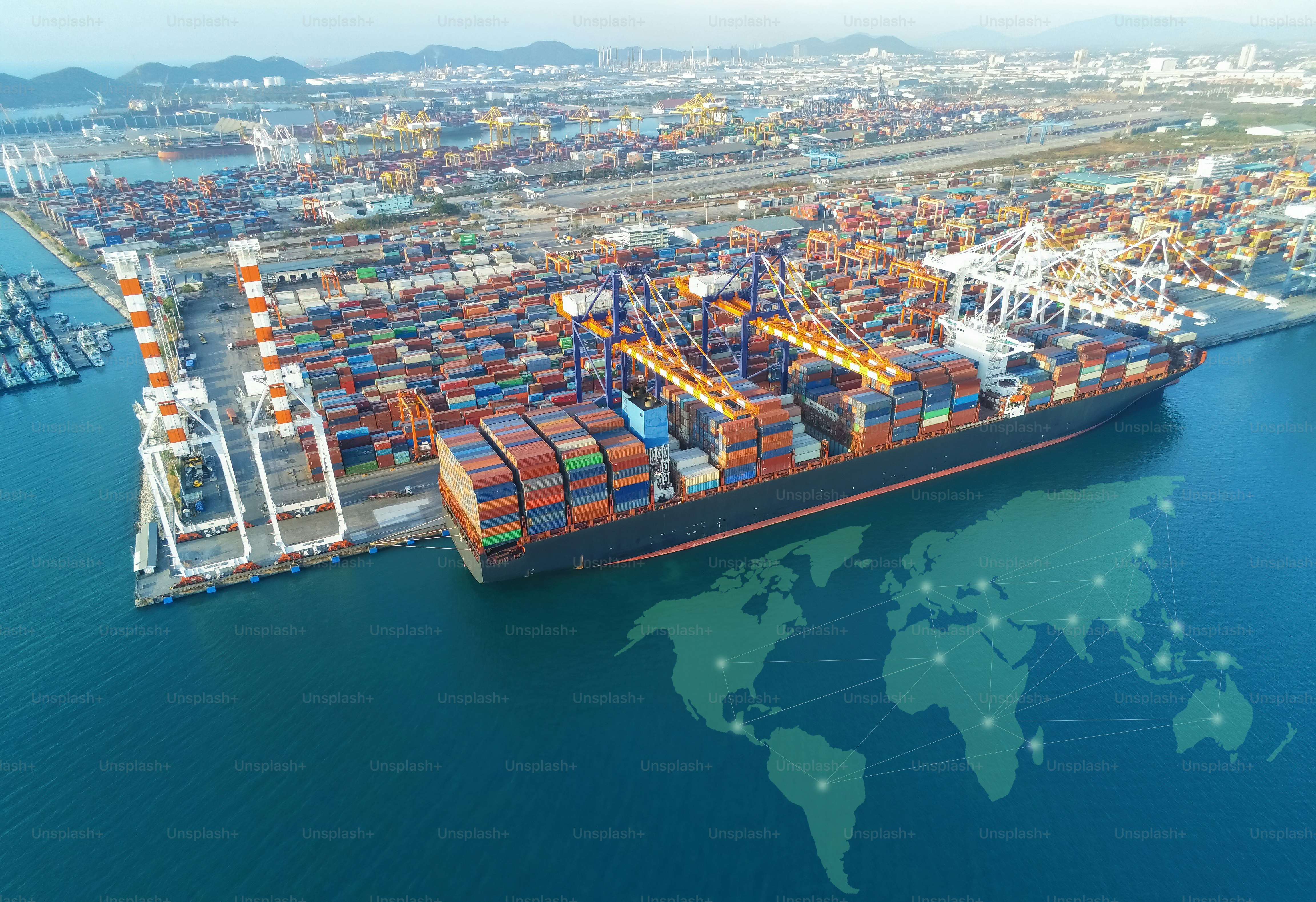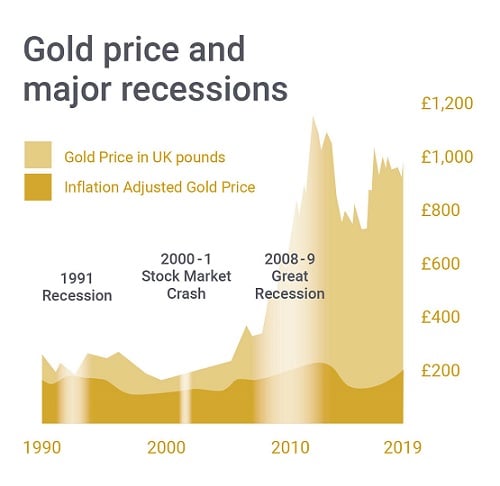Hold on to your hats, folks, because things just got real. China has officially fired back at the US, slapping a hefty 34% tariff on all imports originating from the United States, effective April 10th at 12:01 AM. Yeah, you heard that right – ALL of them. No more Mr. Nice Guy, apparently.

This isn’t just some minor skirmish, this is a full-blown escalation. We’ve seen tit-for-tat tariffs before, but this broad-stroke retaliation feels… different. It’s a clear signal that Beijing is done playing defense and is willing to seriously hurt the US economy to get what it wants. Frankly, it’s about damn time someone pushed back.
Let’s be clear: Tariffs are rarely a win-win. They increase costs for consumers, disrupt supply chains, and generally create economic uncertainty. But understand this: for China, it’s a signal of economic sovereignty. They’re basically saying, ‘Don’t mess with us.’
To understand the broader context, you need to realize this is rooted in years of trade imbalances and accusations of unfair practices. The US has long complained about China’s trade surplus and alleged intellectual property theft, while China argues it’s being unfairly targeted and sees the US as trying to contain its economic rise.
Here’s a quick primer on tariffs and trade wars: Tariffs are taxes imposed on imported goods. They’re designed to make those goods more expensive, thereby protecting domestic industries. A ‘trade war’ occurs when countries retaliate with their own tariffs, leading to a cycle of escalating costs and economic disruption. It’s like two kids in a sandbox, only instead of sand, they’re throwing economic grenades.
This move by China is bound to send shockwaves through global markets. Keep a close eye on your portfolios, folks. This isn’t going away anytime soon.
Understanding the Dynamics of Tariffs & Trade Wars: Tariffs, fundamentally, are a tool of protectionism. They aim to shield domestic industries from foreign competition. However, they’re a double-edged sword. While benefiting some industries, tariffs raise prices for consumers and businesses reliant on imported materials. Trade wars arise from reciprocal tariff impositions, escalating tensions and often resulting in diminished global trade volumes. They represent a complex interplay of economic nationalism, political maneuvering, and the pursuit of perceived fairness in international commerce. The impact is rarely confined to the countries directly involved, rippling through global supply chains and affecting investment decisions worldwide.





